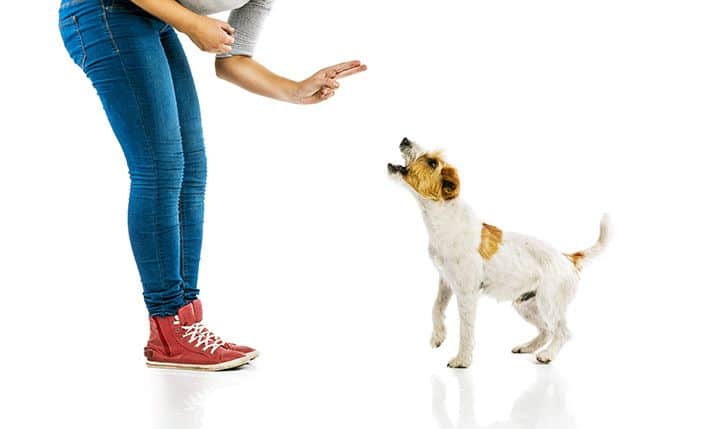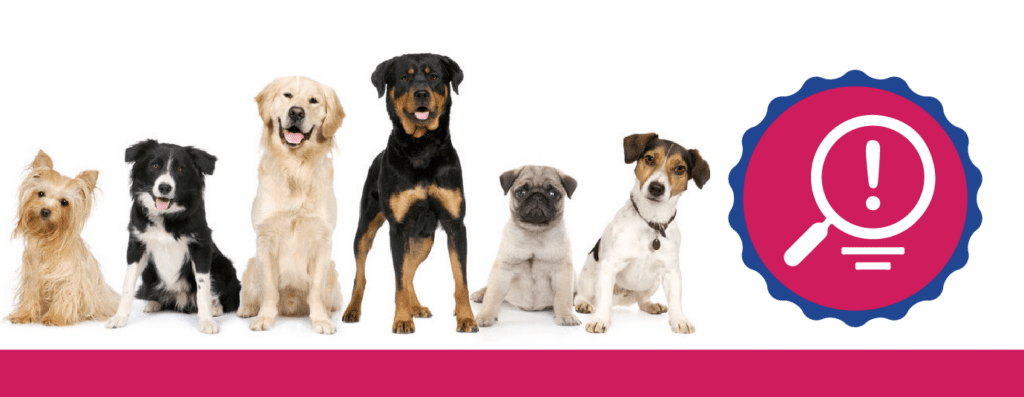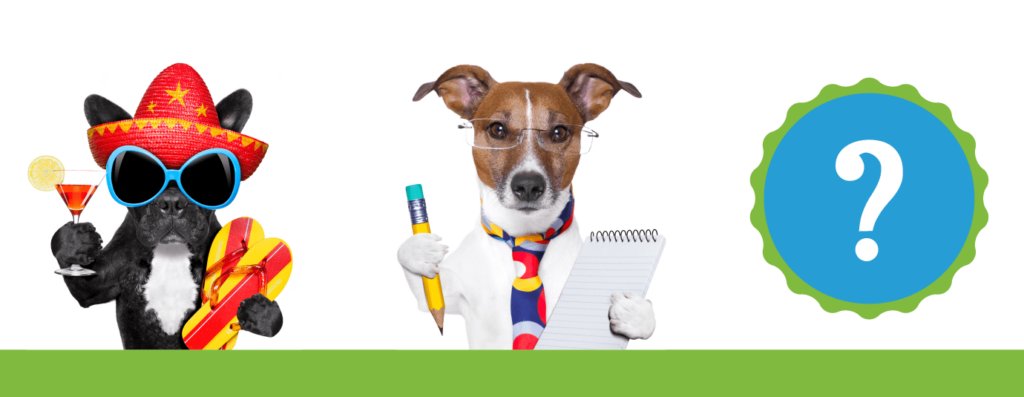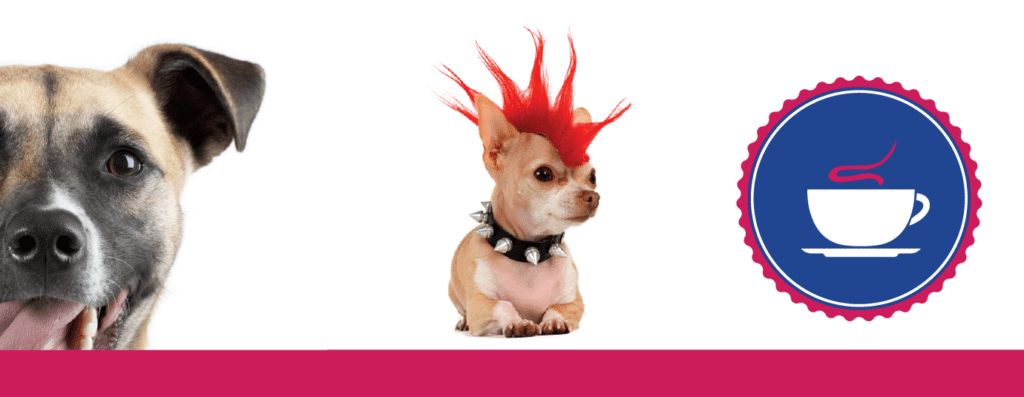It\’s a common problem. A dog jumping up with muddy paws on dress shirts and almost taking out grandma can be somewhat of an issue for puppies and dogs who have become lackadaisical with their dog training—-sometimes bad habits form.
Why are dogs so keen to jump up?
Animal behaviorists theorize that the behavior might actually be instinctual. Wild wolf cubs greet older wolves by licking their muzzle as a sign of appeasement. This muzzle-licking behavior could possibly stem from days when adult dogs would regurgitate food for young pups. Domesticated dogs never feed this way, but it seems that the ancestral habit has not left.
Muzzle-licking is the human equivalent of shaking hands, it just says, \”Hey I\’m excited to see you.\”
Whether you have a puppy who has learned an unconstructive behavior, or you are trying to get your dog back into good dog training habits, this article outlines three ways to help stop the jumping.
Structure Your Dog\’s Life
Dogs are social creatures. A huge part of dog training is to maintain a structure of what is acceptable, and what is not. If you let your puppy sleep on the furniture for the first two months of being in the house, then change your mind, your doggie is going to be terribly confused. But don\’t worry, it is never too late to fix problematic behavior as long as everyone in the household sticks to the structure.
When you first bring your puppy home only give them attention when all four paws are on the ground. It might be hard, but you\’ll thank yourself later for this when they are sixty pounds larger and don\’t tackle grandma when she comes over.
When you arrive home and immediately rush to love your dog who is jumping up to give you kisses, then this reinforces the wrong behavior.
Wait until your dog is calm and sitting before saying hello. If your puppy jumps up, turn your back to them, until they are calm. This will be hard at first, but with time your puppy will know that only calm greeting behavior is acceptable.
When you leave and come home, do not make a huge fuss over your dog—don\’t make coming and going a production. If you make a huge deal when you leave and come home, so will your dog. Come and go calmly so that your dog knows it\’s not the end of the world when you leave and that it hasn\’t been years since you\’ve last been home. This helps reinforce calm behavior.
This calmness is the precursor for them to understand that jumping is not acceptable.
The most important part of the structure is to follow through. This pertains to everyone living in the household. When your dog is still learning their dog training as a puppy, it might be a good idea to crate them while first having house guests.
Also, walking is a fundamental part of dog training no matter what the desired behavior is. The old expression, \”a tired dog is a good dog\” is true. Dogs of all ages need plenty of exercises to keep them physically and mentally stimulated.
Let them explore the outside world.
Dog Training; No Jumping
The easiest way to have your doggie retain this dog training is to use two people. This helps save time. If you have one person slipping dog treats while holding them on a leash, and one person acting as the person the dog wants to greet, the dog training will go much faster.
I recommend doing this training in your front entranceway first. This is the space that a dog would be doing most of the jumping, and to curb this behavior use this space. Once your dog gets better at remaining calm try it in more distracting places.
Make sure your dog is calm and not distracted when you begin dog training. This will also expedite the lesson. Make sure when you have your dog on a leash for any training they have enough room to sit, lie, and move about in a radius of a few feet.
- Get your dog on the leash and have them sit with the designated approaching person in the distance. Reward the sitting with a treat.
- Once your dog is calm, have the approaching person begin walking toward the dog.
- Most likely, your dog will stop sitting once the person gets close because they\’re excited. If they do, the approaching person needs to stop walking toward the dog and turn their back to them.
- Get your dog to sit again.The approaching person should give the dogs treats and belly scratches only when your dog is calmly sitting. The moment they jump up, turn your back to them and walk away.
- Repeat this process until your dog has that light bulb moment in their head. If I keep sitting the person I like comes and gives me attention and treats. If I jump they walk away, the treats with them.
- Practice. Practice. Practice.
Instilling Self-Control
Once your dog has mastered being on the leash while staying in the sit position when people approach, this is great, but for complete dog training, you will want to do this off the leash. This works on the self-control aspect of their dog training. A dog on a leash will subconsciously be more receptive to training and vice versa.
If your dog doesn\’t jump up without being leashed then they have learned self-control and this behavior has been retained.
The more hyper and bouncy a dog is, the more persistence it is going to take. The best method is to use simple clear communication. The reward for sitting politely is that when the person the dogs wants to greet comes closer and the dog does not jump, they will be rewarded with treats and belly scratches. Simple clear communication.
For a dog that has developed some bad dog training habits this process could take a while, but don\’t give up. Despite what they say you can teach a dog new tricks. Keep working at it, and don\’t give in, or give up.
Splash and Dash Groomerie & Boutique wishes you luck with your dog training and if you have any further questions please ask our shop staff or visit our website.
Follow Splash and Dash Groomerie & Boutique:
- Website: http://splashanddashvip.com/
- Website: https://splashanddashfranchise.com/
- Facebook: https://www.facebook.com/splashanddashfordogs/
- Instagram: @splashanddashfordogs
- LinkedIn: https://www.linkedin.com/in/dan-j-barton-622ab517
- Twitter: splashanddash4dogs



